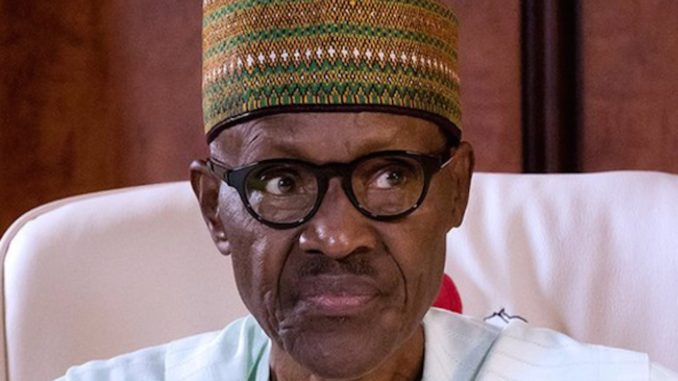
The war on corruption is not one to be fought in the media to get plaudits for political capital. Certainly, it cannot be successfully prosecuted without proper public service and judicial structures that can sustain it seamlessly from administration to administration. A poor appreciation of this fact is why the exertions of the current administration have not yielded remarkable gains despite all the trials and noise in the media.
The war on corruption should be ruthlessly but structurally fought because corruption is the country’s most potent and most destructive enemy. Corruption is the reason Nigeria is recognised as a rich country but whose potentials for greatness remain unfulfilled. Corruption is the only reason Nigeria is listed among 20 most dangerous countries in the world. The scourge is the only reason the most populous black nation on earth is not a member of the G-20 most prosperous economies in the world. The blighter called corruption is the only reason Nigeria is listed as Africa’s largest economy and yet not a member of the elite club of emerging markets called BRICS – Brazil, Russia, India, China and South Africa.
What is worse, it is on record that the three arms of government in the country are not immune as various officials in the legislature, the executive and even the judiciary are currently enmeshed in a cesspool of corruption.
At a public forum the other day, a former Head of State, Yakubu Gowon, a retired General who ruled Nigeria from 1966 to 1975 raised some unnecessary dust when he noted that, “corruption started after me.” The controversial claim came amidst reports at the same time that, “Nigeria and Africa lose over $50 billion annually to corruption.”
That same week, President Muhammadu Buhari boasted that there would be “no hiding place for treasury looters.” While the bombast filled that air, Speaker of the House of Representatives, Yakubu Dogara, fired his own salvo in the direction of the executive when he told the president: “you are not the only corruption-free Nigerian.”
This was in response to frequent claims by his men that the president is the only clean vessel in the polity. These, certainly, are unnecessary vituperations by the people to whom Nigerians look for leadership and a clear plan against corruption. The people of Nigeria cannot be amused by these claims and empty noise in the media as they would like to hear more about what the state actors have been doing in the realm of policy support and other instruments to block loopholes especially in the civil service where all corrupt acts are daily perpetrated.
Besides, progress would be seen to have been made in the war on corruption when convictions are secured in courts against prominent and powerful state officials, former and serving. There will be joy in the country when ruling party’s officials alleged to have been involved in corrupt practices are also being diligently prosecuted as there is widespread perception that only opposition figures are being prosecuted while some suspects who have defected to the ruling party are being allegedly shielded.
What is more, even a recent fact-finding panel set up by the Chief Justice of Nigeria on why pronouncements on corruption cases have been unimpressive has just released a damning report, which reveals among others that the anti-corruption agencies too are not diligent in their prosecutions. The report also decries anti-graft agencies’ penchant for dramatic arrests, too much noise before prosecution and alleged collusion with unethical lawyers who defend powerful suspects.
Local perception of reforms has not been positive too. Nigerians who expected President Muhammadu Buhari to radically restructure the state’s oil corporation, the Nigerian National Petroleum Corporation (NNPC) have been sorely disappointed. The corporation has become a symbol of opaqueness and corruption in the public service. For instance, it is currently embroiled in inexplicable controversy over the management of fuel subsidy that government told the people had earlier stopped. The central government said it has stopped subsidy on fuel imports and so did not include such items in the 2017 budget proposals.
Yet it has just been discovered that the NNPC has been subsidising the business of oil importation, which it solely handles. The National Assembly claims it has uncovered this murky deal, yet no one has been indicted for prosecution in the oil corporation.
Curiously, the president himself, as Petroleum Resources Minister, supervises the corporation where all these and many more are happening.
The president certainly does not need to wait for the Petroleum Industry Governance Bill (PIGB) before initiating an overhaul of the NNPC for greater transparency and accountability. That is one unique and credible way of fighting corruption in the polity.
It is not enough to fight a few corrupt men in the media without securing convictions against them. The nation also expects President Buhari to look radically into civil service reforms with a view to making it more efficient and well structured to prevent corrupt practices.
Once again, arresting a few yesterday’s men and trying them in the media will not go far enough to deal with the hydra-headed monster called corruption.
Whatever they chose to do, all Nigerians, from leaders to the led, should believe one trite fact: if Nigeria does not end corruption, corruption will end Nigeria.
END

Be the first to comment